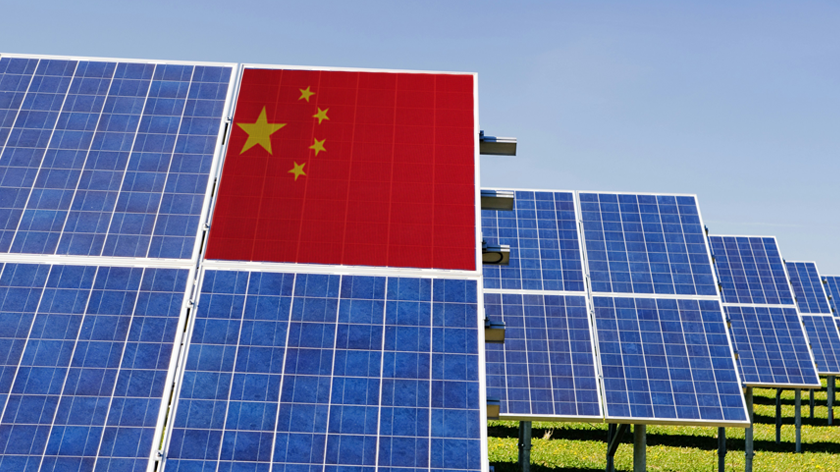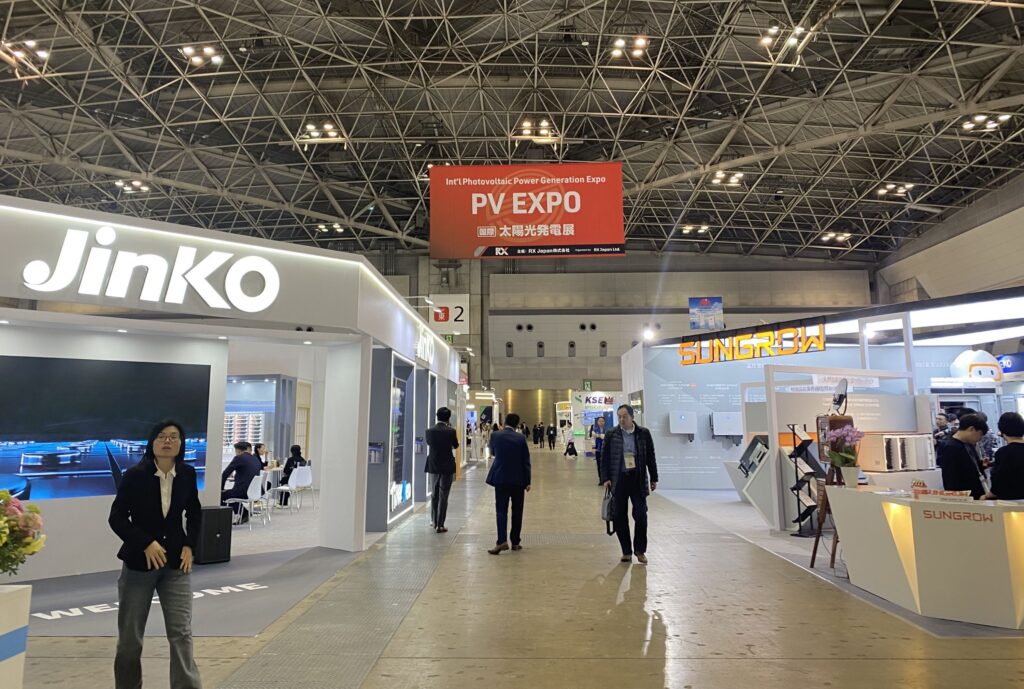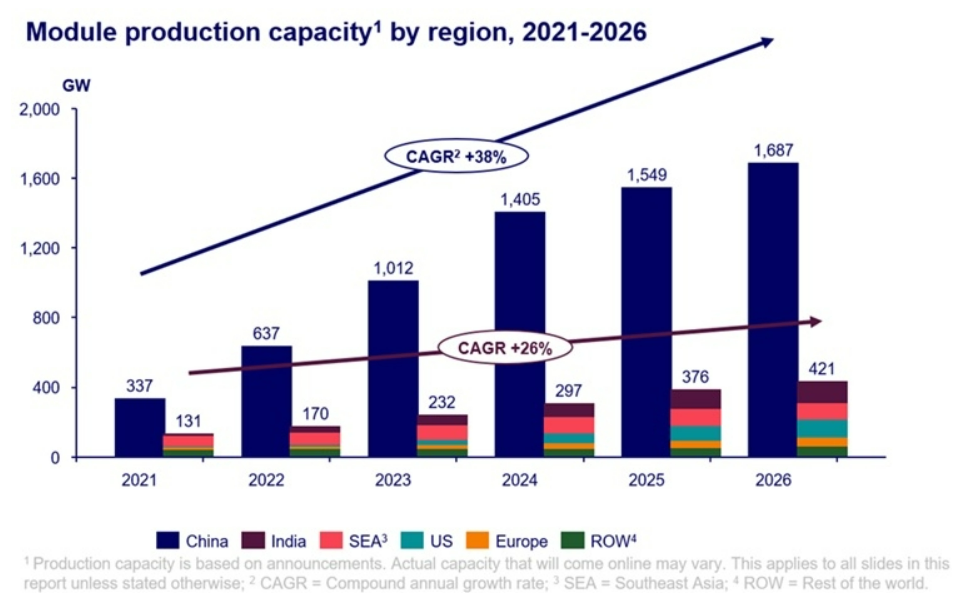Solar Business is China’s Major Market -Does Japan have any means to join its market?

We had a three-day exhibition event for renewable energy from Feb. 28th to Mar. 1st in Tokyo. There were a lot of companies and organizations which engaged this event, and I was looking forward to seeing new technologies. However, the first impression about this exhibition was the fear toward Japan. I would like to report the reality of the solar energy business.
● What the Solar Power Booths Showed Me
In the huge exhibition room, it was surprising that Chinese companies dominated about half of the room. In fact, Japanese companies mostly exhibited the bases, parking garages or residential facilities for solar panels, which are not the fundamental technology for solar energy. It was disappointing to see only a few Japanese companies showed their brand-new solar technologies at the big event held in Japan.

● Progressive Chinese Solar Energy Market
The energy supply has been higher as its demand has been higher in China. Even though the amount of energy generated by coal energy still covers most of the supplied energy, solar power has rapidly been popular thanks to the government’s financial support for these several years. The Japan Broadcasting Corporation (in short “NHK”) published the article telling us that the Chinese share of the products related to solar energy covered 80 percent of its world market in Dec. 2023 (Source). This article surprised me a lot, but looking at the exhibition in Tokyo, it is easily imaginable that Chinese companies have such momentum.

● The Government Intention Toward Current Japanese Solar Technology
I joined some of the seminars about solar energy held during the three days at this exhibition site. My first impression of fear was eased after joining these seminars as they explained how Japanese companies have made efforts to the solar business, but some doubts came up in my mind when I was reviewing my notes.
Some speakers repeated about the study of perovskite solar cells in Japan. According to them, the government also rushes to support its social implementation. They emphasized the basic material of this cell, which is iodine. Since Japan is the second largest producer of iodine, they think it will be a good opportunity for Japanese companies to introduce this new technology and start the solar business. After I heard about perovskite, I thought there would be a lot of Japanese companies or organizations introducing this technology at their booths, but I couldn’t find any after walking around the exhibition hall for an hour. I felt that companies with this technology might fear that Chinese companies would steal the technology and didn’t attend the exhibition, but this thought was wrong. Even if Chinese companies steal this technology, they have to import iodine from Japan, and this is not attractive for them at all. In addition, the power generation efficiency of perovskite cells is not that high. China already occupies the world solar energy share. It is too late for Japan to fight against cheap Chinese solar cells with high enough generation efficiency.
I bet the Japanese government just would like to promote the domestic solar business by introducing the perovskite cells. We will not purchase the new solar panels unless its generation efficiency is extremely high because the Chinese solar panels is well enough. It’s better not focusing too much on the perovskite cells but taking whole renewable in account to advocate a new business. Otherwise, the government policy will end up unsuccessful.
● How Japan Should Act for Renewable Energy
The Chinese solar energy business will increase its momentum since the US government announced that they will prohibit selling their petroleum to China on March 3rd (Source).
There are a lot of potential on other Japanese studies regarding zero-emission generation of thermal power and disposition of waste. It is not necessary to focusing just on solar technology but other technologies with strong confidence. I hope those who joined the exhibition wouldn’t get tricked by the government’s intent.
written by Yuki Kondo


